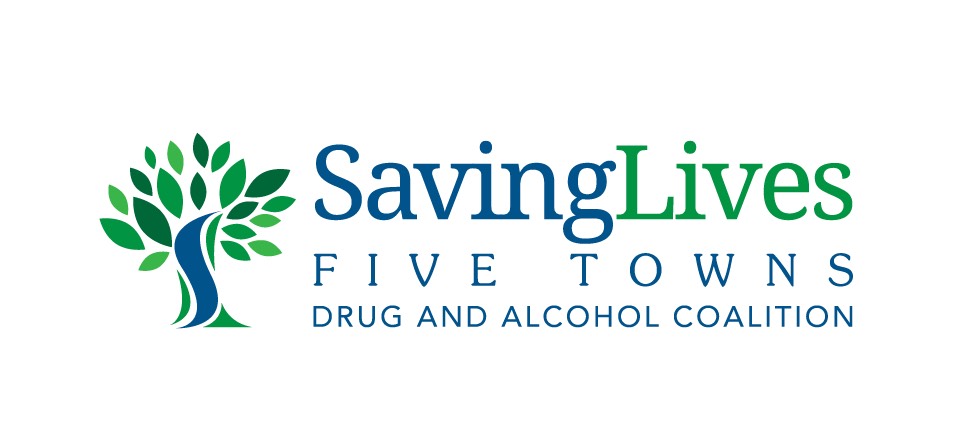
UNDERAGE DRINKING


The misconception that underage drinking is okay or acceptable is not limited to teens. Some parents condone it in their home while others are pretend to be oblivious and sing the “everyone has drank underage” song.
Teenagers are getting smarter. Technology has helped teens pinpoint places where they can purchase alcohol, obtain a fake ID, be served, or even find different products containing alcohol that they can consume, such as mouthwash and hand sanitizer.






BRAIN DEVELOPMENT PROBLEMS
The brain doesn’t finish developing until the mid-twenties and introducing alcohol during this critical time has serious consequences.
The prefrontal cortex enables a person to think clearly, to make good decisions and to control impulses. Underage drinking could cause severe changes in this area, which plays an important role in forming adult personality and behavior. Damage from alcohol at this time can be long-term and irreversible.
The hippocampus, involved in learning and memory, suffers the worst alcohol related brain damage in teens. Long-term, heavy drinking causes teens to have a 10% smaller hippocampi (American Medical Association, 2010). In addition, short-term or moderate drinking impairs learning and memory far more in youths than adults. Frequent drinkers may never be able to catch up in adulthood since alcohol inhibits systems crucial for storing new information.
INCREASED RISK OF ALCOHOL DEPENDENCE
Children who begin drinking at age 13 have a 45% chance of becoming alcohol-dependent. A person who starts drinking at the legal age of 21 has only a 7% chance of becoming addicted (According to the Substance Abuse and Mental Health Services Administration).
RISKY SEXUAL BEHAVIOR
Youth who drink alcohol more commonly engage in sexual intercourse when drinking, have sexual experiences at an earlier age, have sex with multiple partners, engage in unprotected or unplanned sex, experience unexpected pregnancies, have babies with Fetal Alcohol Spectrum (FAS) disorders and contract more sexually transmitted diseases (STDs) than youth who do not drink.
INCREASED RISK FOR PHYSICAL AND SEXUAL ASSAULT
Teens who drink are more likely to carry out or be the victim of a physical or sexual assault (According to the National Institute on Alcohol Abuse and Alcoholism).
POOR ACADEMIC PERFORMANCE
High school students who abuse alcohol have severe academic problems and are five times more likely to drop out of high school (National Institute on Drug Abuse).
DEATH
5,000 people under age 21 die each year from alcohol-related car crashes, homicides, suicides, alcohol poisoning, and other injuries (According to the National Institute on Alcohol Abuse and Alcoholism).



Early alcohol use can lead to
alcohol dependence.
• Youth can become addicted alcohol much faster than adults
• If an adult waits until the age of 21 to start drinking alcohol, addiction from problem drinking typically won’t develop for another 5 to 15 years
• A teenager can become addicted to alcohol in just 6 months
• Twenty percent of people in the U.S. experiencing alcohol dependence are between 12 and 17
Why Prevent Underage Drinking
Five times the number of people under 21 die each year from alcohol use than from all other illicit drug use combined.
• Underage drinking is number one in prevalence and consequences for young adults and teenagers
• 11% of alcohol consumed nationwide is from underage drinking
• The tangible cost of underage drinking in Missouri is $458 million, with pain and suffering it costs $1.3 billion
Teen drinking is a recipe for disaster.
• Teens who use alcohol experience up to 10% reduction in overall brain size
• Alcohol plays a part in 40% of all academic problems and 28% of all school dropouts
• Youth who use alcohol are twice as likely to attempt suicide and misuse other drugs
• Alcohol is highly connected with other things like sexual assault, alcohol poisoning, and homicide.
While some of these facts are discouraging, be sure to let your teen know that underage drinking is not as common as it used to be.
• Compared to 15 to 10 years ago, there’s been a decrease in the use of alcohol in people under the age of 21 in the United States
• The majority of teens don’t drink
These facts are all important things to consider when you begin to talk to your teen about underage drinking. Informing them about the things that can happen as a result is extremely important.
It may just seem like one drink in the beginning, but at times one drink is all that it takes. Not only does your decision on talking with your teen and setting boundaries about drinking impact what may happen to them in the next few hours, but it also can impact them for years to come.
It’s important to consider all the potential outcomes that may result in the choice to drink underage.
Source:


Source:

